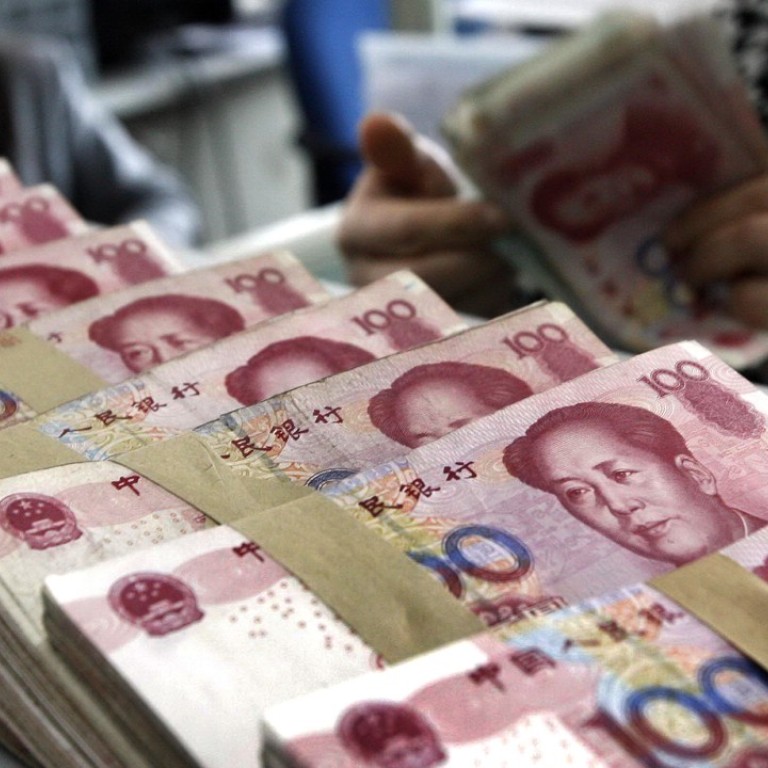
China should come clean on local government debt, International Monetary Fund report says
Researchers urge Beijing to publish detailed and accessible budget accounts, and overall debt levels by province at least once a year
China should broaden its accounting methods to include off-budget quasi-fiscal spending to provide a clearer picture of its debt mountain, according to a report by economists from the International Monetary Fund.
Beijing’s accounts should encompass local authority financing vehicles, public-private partnerships, government guided funds, and any other items that are sources of implicit liability, Rui Mano and Phil Stokoe wrote in a working paper released on Friday.
“China’s official government accounts do not capture a large amount of fiscal spending delivered through off-budget units,” the report said. “Although progress has been made to legally separate off-budget units from the government, such units appear to not have been de facto separated from the government.”

The pair’s comments touched on the controversial issue of transparency with regards to China’s accounting and reporting of its debt situation.
While Beijing insists that debts incurred by local government financing vehicles and other channels are not “governmental”, international rating agencies such as Moody’s and Standard & Poor’s have sent warnings about such contingent liabilities.
The IMF researchers urged China to publish detailed and easily accessible budget accounts and overall debt levels by province – including contingent liabilities by type – at least once a year. It does not do so at present.
The report was published just days before the start of China’s annual Central Economic Work Conference. At a Politburo meeting on Friday, President Xi Jinping said the country would continue to try to control debt levels and prevent financial risks.
Beijing has made some efforts in recent years to prevent contamination from off-budget financing by local governments. After the new budget law took effect in 2015, it declared that the units were independent of the government and that any debts they accrued were no longer a government problem.
After the country’s credit rating was downgraded by Moody’s in May, Beijing said the ratings agency had overestimated its economic difficulties. A similar move by S&P in September was described as the “wrong decision”.
Official figures put China’s local government debt at 16 trillion yuan (US$2.41 trillion) at the end of 2015, or about 37 per cent of gross domestic product. Beijing described the situation as “controllable”.
The IMF paper, however, said that “the back door remains open”.
“Available evidence suggests local government financing vehicles continue to operate as quasi-fiscal units … The [leveraged government] funds do not appear to make market-based decisions in pursuit of commercial returns and openly serve a social function.”
On the subject of public-private partnerships – a tool frequently used by local governments to finance construction projects and prop up their economies – the report said that some should in principle be recorded on the balance sheet and that the regulatory framework needed to be improved.
“There is insufficient weight given to value for money considerations either before contracts are awarded or during the contract period, and both accounting and reporting of PPP contracts could be improved,” it said.
China’s finance ministry earlier this year named and shamed several local governments for their illegal fundraising. The national auditor also found in its third-quarter inspection that five city or county governments in Jiangxi, Shaanxi, Gansu, Hunan and Hainan provinces had shouldered a combined 6.4 billion yuan of debt through financial guarantees – a practice that has long been banned.
When the Washington-based IMF published its twice-a-decade assessment of China’s economic and banking system last Thursday, the People’s Bank of China hit back, saying that “there are some views and statements that we find it difficult to agree upon”.
“We believe [the IMF’s] description of the stress testing of China’s banking system failed to comprehensively reflect the actual testing results,” it said.

